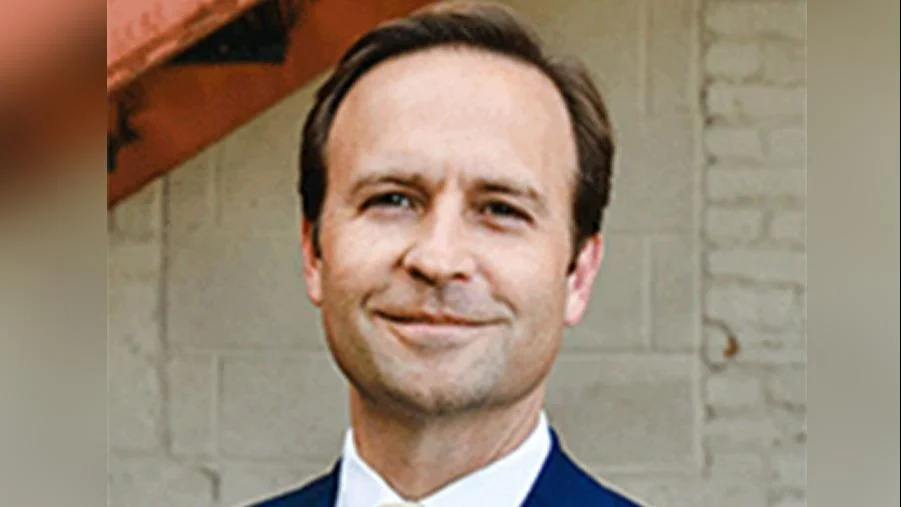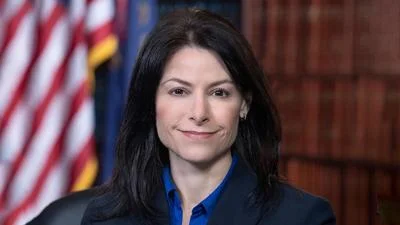Brian Calley President and Chief Executive Officer at Small Business Association of Michigan | Official website
Brian Calley President and Chief Executive Officer at Small Business Association of Michigan | Official website
Senate Majority Leader Winnie Brinks has emphasized the need for a genuine dialogue between the House and Senate to develop an effective road funding plan. Speaking at the Mackinac Policy Conference, Brinks highlighted that merely having a plan or passing it through one chamber is insufficient without bipartisan and bicameral support. She also noted that any road funding initiative should be aligned with budget considerations due to significant implications.
Both Governor Gretchen Whitmer and the Republican-controlled House have proposed plans to allocate approximately $3 billion towards road construction projects. They agree on directing state taxes from gas purchases towards road improvements, which would shift funds away from the School Aid Fund and local government revenue sharing. This raises concerns about compensating for lost sales tax revenue.
To ensure financial stability, Governor Whitmer suggested imposing new wholesale taxes on the marijuana industry similar to those on tobacco products, along with fees for large tech companies using Michigan roads. Conversely, House Republicans prefer avoiding new taxes by cutting publicly funded corporate incentives and business grant programs. Senate Democrats express caution over potential cuts to education and public assistance programs amid U.S. House Republican proposals to reduce future Medicaid spending.
Brinks acknowledged the difficulty of achieving road funding without new revenue sources, aligning with Governor Whitmer's stance on considering both revenue increases and budget savings or cuts.
Richard Czuba of Glengariff Group Inc., participating in the conference series, pointed out voter reluctance to spend resources on fixing roads despite acknowledging their poor condition. He observed that voters often lack understanding of why sufficient funds are unavailable for road maintenance.
In her first year as governor, Whitmer proposed a 45-cent per gallon gas tax increase, yet there remains no widespread voter support for such measures. Brinks described Senate Democrats' efforts in crafting a viable road funding plan that could pass through the Legislature.
Governor Whitmer has expressed hope that legislators will finalize both the state budget and roads funding by June's end.





 Alerts Sign-up
Alerts Sign-up